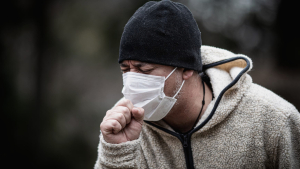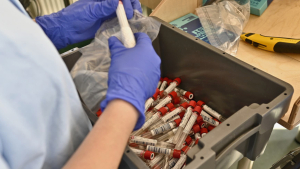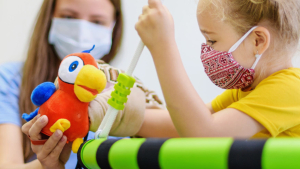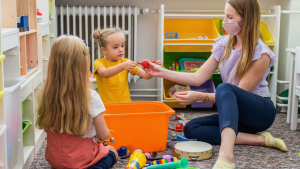Foreign saliva scares us off at first. Unless it comes from one's own children or other loved ones. Then we feel no disgust and kiss or lick an ice cream together. A clear signal that even toddlers understand and interpret as an indication of a close relationship: At least that's what a study by Ashley Thomas of Harvard University and her team in "Science" suggests. In short: Those who do not shy away from the spit must belong to the closest environment.
In addition, the working group carried out various experiments with five to seven-year-old children, including using cartoons and people who played with dolls. The little ones successfully predicted that it is mainly the members of a core family who allow saliva with each other. It was "only" friends, are also shared food or toys, but not if it was "mocked". The researchers were also able to observe such a connection in even younger children: infants and toddlers at least assume that people who share their saliva with each other help each other in emergency situations.
The exchange of saliva in close relationships is culturally widespread, write Ashley Thomas and her colleagues. This was confirmed by a study with a geographically and ethnically more diverse sample of young children. "We know that even infants pay attention to who is nice to others," says Thomas. "The most important finding from our study is that they pay attention not only to people's characteristics, but also to how they are connected."



















